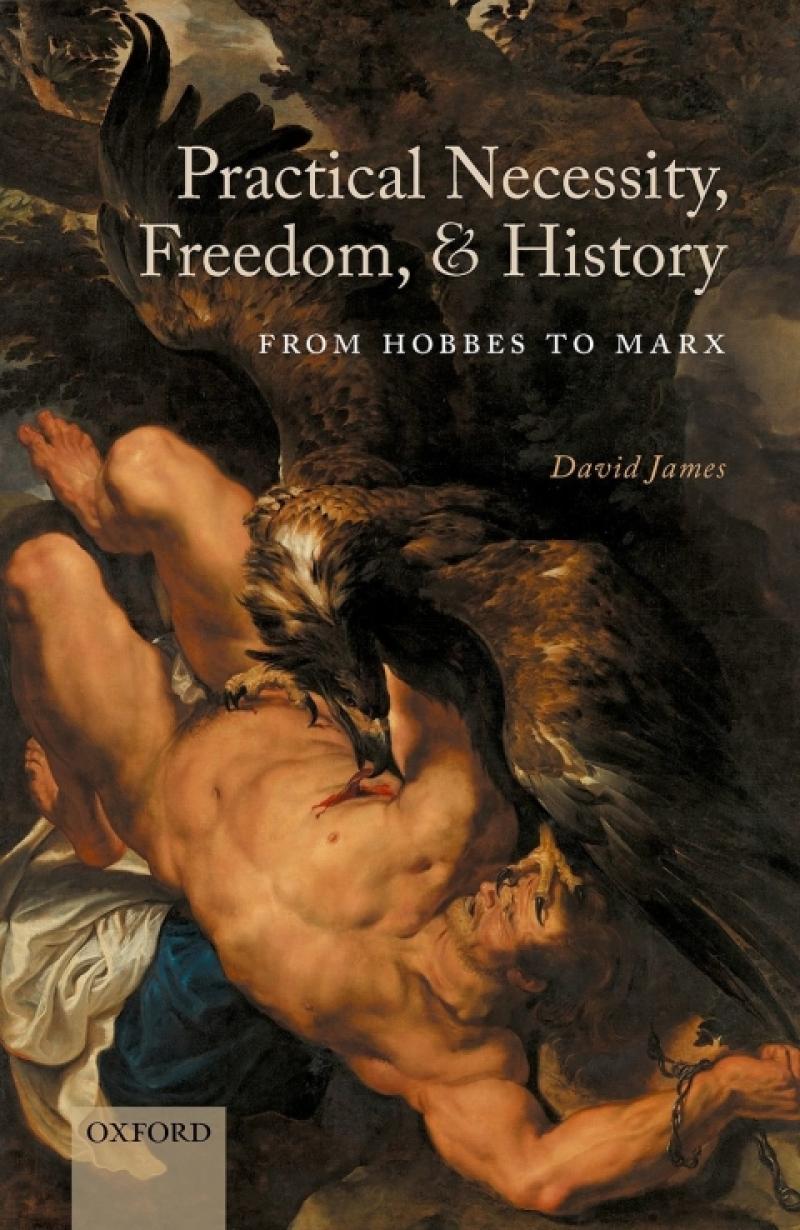By means of careful analysis of relevant writings by Hobbes, Rousseau,
Kant, Hegel, and Marx, David James argues that the concept of
practical necessity is key to understanding the nature and extent of
human freedom. Practical necessity means being, or believing oneself
to be, constrained to perform certain actions in the absence (whether
real or imagined) of other, more attractive options, or by the high
costs involved in pursuing other options. Agents become subject to
practical necessity as a result of economic, social, and historical
forces over which they have, or appear to have, no effective control,
and the extent to which they are subject to it varies according to the
amount of economic and social power that one agent possesses relative
to other agents. The concept of practical necessity is also shown to
take into account how the beliefs and attitudes of social agents are
in large part determined by social and historical processes in which
they are caught up, and that the type of motivation that we attribute
to agents must recognize this. Practical Necessity, Freedom, and
History: From Hobbes to Marx shows how Rousseau, Kant, Hegel, and
Marx, in contrast to Hobbes, explain the emergence of the conditions
of a free society in terms of a historical process that is initially
governed by practical necessity. The role that this form of necessity
plays in explaining history necessity invites the following question:
to what extent are historical agents genuinely subject to both
practical and historical necessity?
Les mer
From Hobbes to Marx
Produktdetaljer
ISBN
9780192587114
Publisert
2021
Utgiver
Oxford University Press Academic UK
Språk
Product language
Engelsk
Format
Product format
Digital bok
Forfatter

